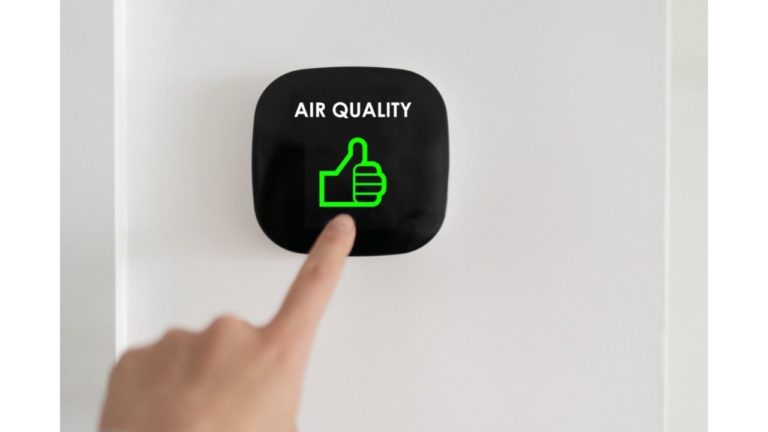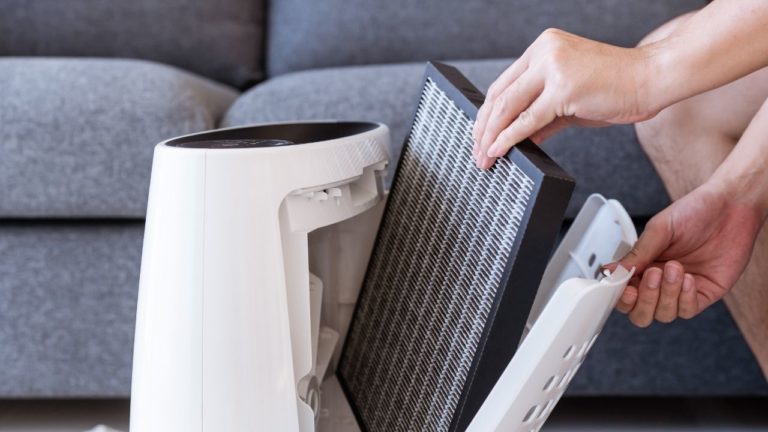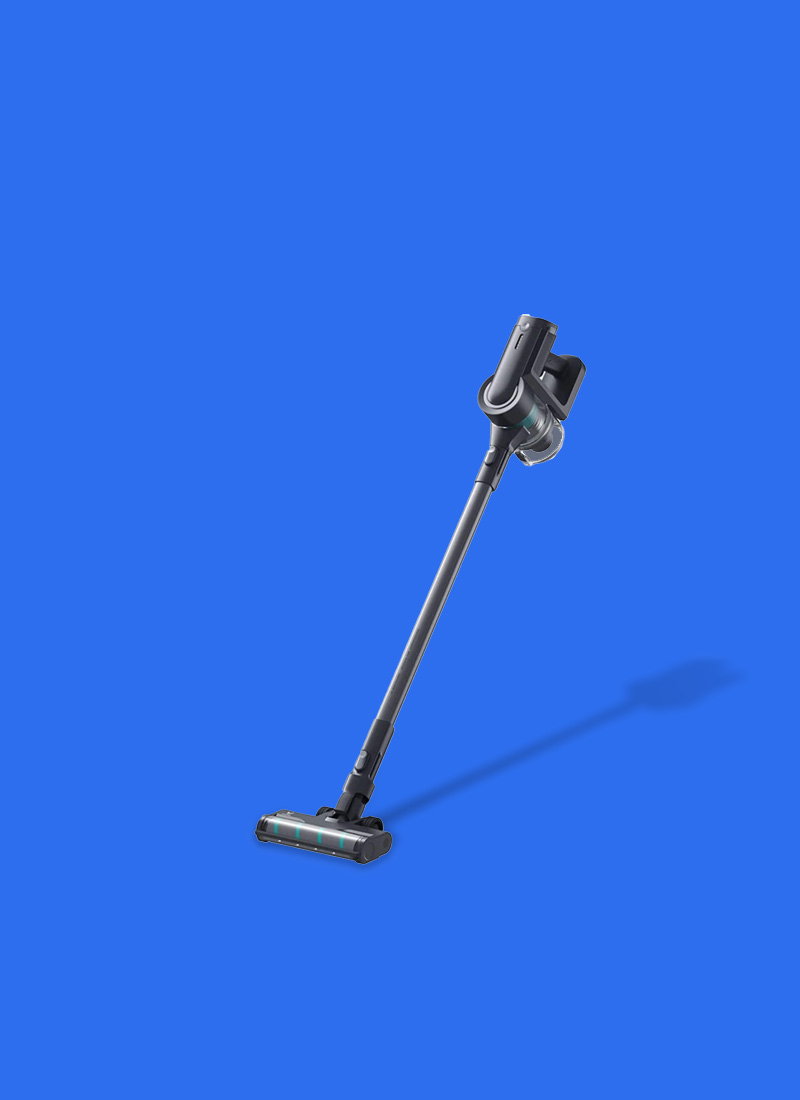ⓘ We are reader-supported and may earn a small commission at no additional cost to you if a purchase is made through one of our links.
In a world that’s recently been devastated by one of the worst pandemics the modern world has ever seen, air purifiers have become a highly coveted product, with certain brands claiming that their products can get rid of all viruses and bacteria – COVID-19 included.
But how much of that is the truth and how much of it is just hogwash used to sell their doohickeys? Let’s take a look at just how effective air purifiers are when it comes to cleaning up the air inside your home or office and what are some of the things to look out for before investing in one.
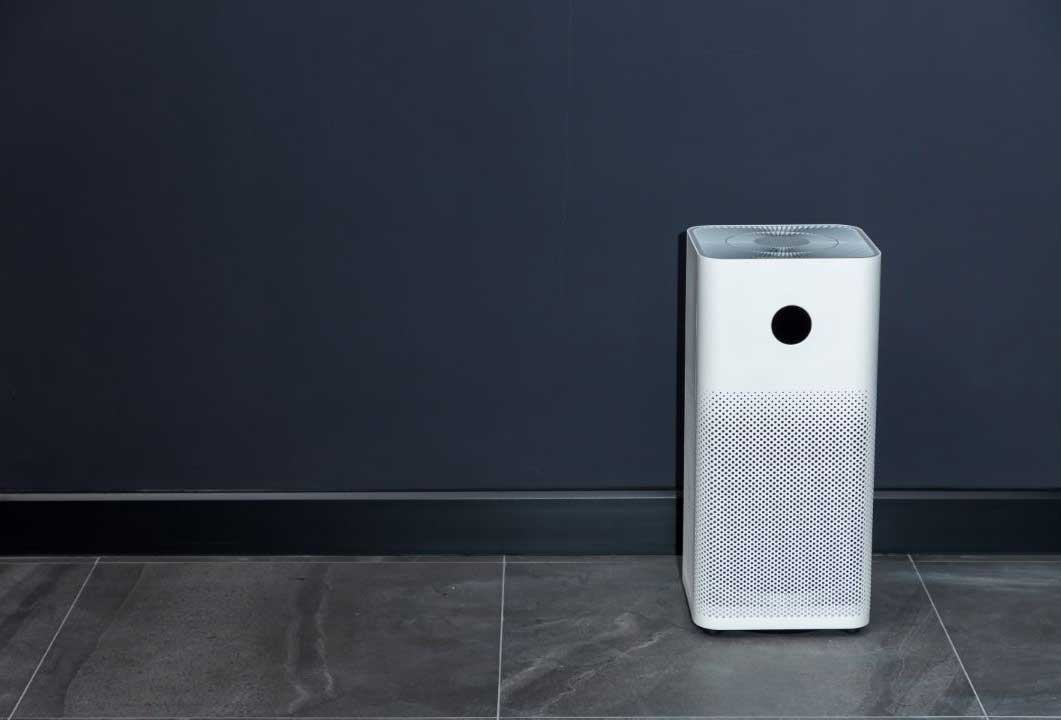
How Effective Are Air Purifiers At Getting Rid of All Kinds of Germs?
Various forms of bacteria and viruses – like COVID-19 – travel through airborne transmission, some naturally while some are transmitted by people. Viruses have a tendency to latch on to minuscule aerosol particles whenever an infected person sneezes, coughs, or even simply breathes out, allowing them to travel and remain suspended in the air for a surprisingly long time.
Depending on the type of air purifier you have, the filter you’re working with, and the way you set up the device, a quality air purifier can indeed help you get rid of most germs in the air for the room you set it up in. It’s worth noting, however, that air purifiers only take care of the germs in the room that it’s situated in, so the other parts of your home will be left unfiltered.
Furthermore, droplets that settle onto surfaces, like tables or chairs, won’t make their way through the purifier so they’ll remain contaminated. That being said, despite an air purifier being present in your home, you should never skip out on your usual hygiene rituals, like hand washing, showering, meticulous house cleaning, and being wary about tracking germs and bacteria into your household.
If you’re looking to improve the air quality in your home, make sure you read our Air Purifier Buying Guide
The Importance of HEPA Filters
Air Purifiers utilize filters to clean up the air around them and these filters have varying levels of effectiveness depending on the type. Their efficacy can range anywhere from below 20% to as high as 99.95%. Of course, you’ll want the kind on the higher end of the spectrum, which is the HEPA (high-efficiency particulate air) filter. These types of filters are some of the best in the business and are capable of filtering out particles as small as 0.3 microns thick.
Virus diameters differ wildly in size, ranging anywhere from 0.02 to 0.4 microns. The Coronavirus, for example, has a diameter of 0.1 microns, which technically puts it beyond the trapping capabilities of a HEPA filter. But the thing is, studies have shown that HEPA filters are still great at capturing airborne particles that are far smaller than its 0.3-micron range.
That’s because particles of these sizes never move in a straight line but move in erratic directions instead. This means that there’s an incredibly high chance that they’d get caught in the filter fibres of a HEPA filter as they try to make their way through. So it’s not an outrageous claim if a brand says that their air purifier can trap the vast majority of unwanted particles in the air, including the COVID-19 virus.
The thing is, trapping and killing viruses and bacteria are two different things. Air purifiers can catch and keep these particles, but there’s a good chance that some of them will remain alive inside the device for a period of time. Give it enough time and these viruses and bacteria will die off on their own, though removing the filter might end up spreading the live particles back into the air.
It is believed that viruses and bacteria can survive for hours suspended in aerosol particles in the air and air purifiers generally do a good job of taking care of them. But these germs can eventually settle on certain surfaces or a person’s skin, especially when touched by someone who’s infected. For example, if a person coughs or sneezes, these larger droplets are sure to fall on a table or other surface, bringing the infected person’s virus along with it. Unfortunately, air purifiers have no power over these kinds of particles, so it’s not exactly a one-stop-shop solution for a germ-free household, but it’ll be a great addition to overall home cleanliness.
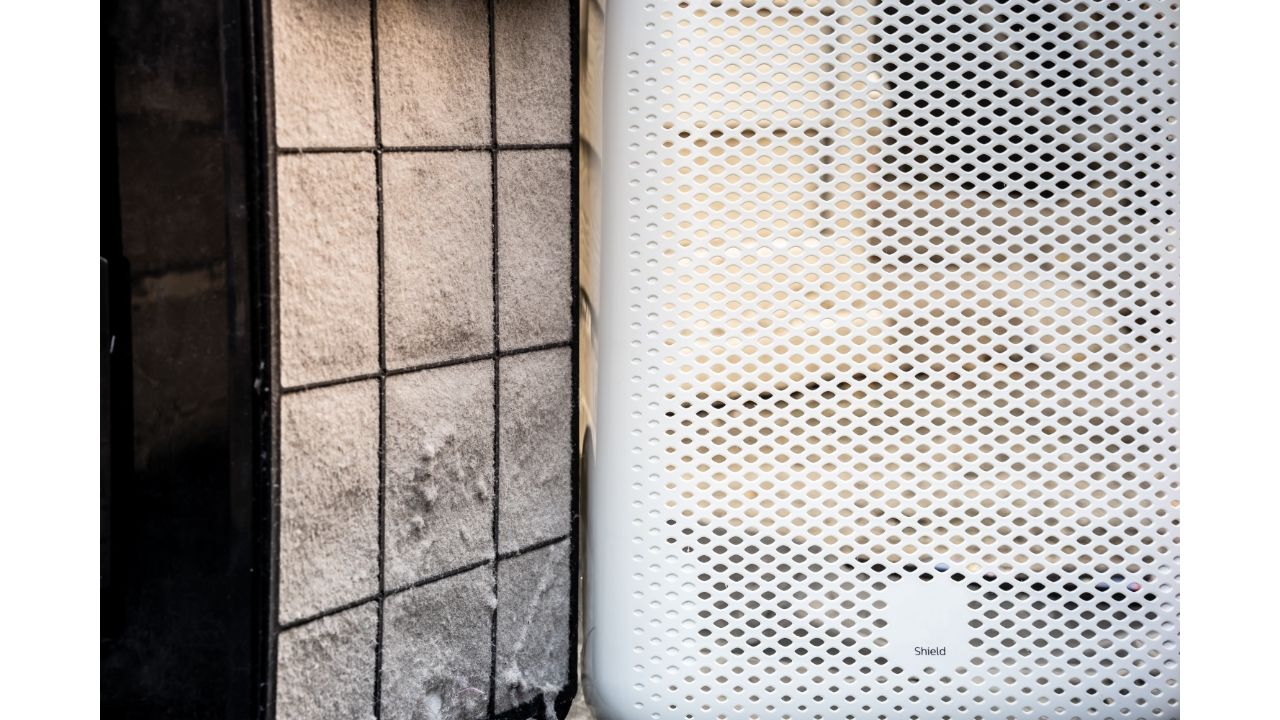
Other Filters And Methods Utilized By Air Purifiers
While HEPA filters are a safe bet for keeping the air in your home clean, there are other filters and techniques that air purifiers use with varying results.
- Photocatalytic air purifiers: These kinds of air purifiers use a catalyst (usually titanium dioxide) that is blasted with ultraviolet light. This process helps break down germs into more harmless substances.
- Catechin filters: Catechin is extracted from green tea and it contains antibacterial properties that deactivate bacteria and neutralize bad smells. It’s a fairly uncommon filter, however, that you don’t see very often.
- Ultraviolet (UV) light: UV light is an excellent sterilization method, but air purifiers that use this as a way to get rid of germs can be hit or miss.UV can take a few seconds to kill harmful bacteria or viruses, so if the air purifier uses UV light to sterilize air flowing through it, then it probably won’t be that effective against most germs. But if the device traps particles in a filter first and then hits it with UV light, that would be extremely effective.
- Carbon filters: This type of filter does a solid job of neutralizing odours and catching larger particles, but they aren’t great at capturing most kinds of bacteria and viruses.
Great Hygiene and Ventilation Are Vital
Air purifiers can be a stellar addition to your household, filtering out harmful bacteria, viruses and other particles to give you a cleaner home environment. But it’s still incredibly important to maintain good hygiene routines both at home and when outside. You can track germs on your skin and clothes and could end up bringing them inside your home, so it’s crucial that you wash your hands and take showers routinely, and put your clothes in the wash as soon as you get home. Be sure to wipe down things that you touch often as well.
Another thing is that you should crack the windows in your home often to promote natural ventilation and let outside air in. That way you can keep the atmosphere in your house regularly refreshed. All of these in conjunction with a quality air purifier and great filter can help make your home environment a whole lot cleaner.
Further Reading:

